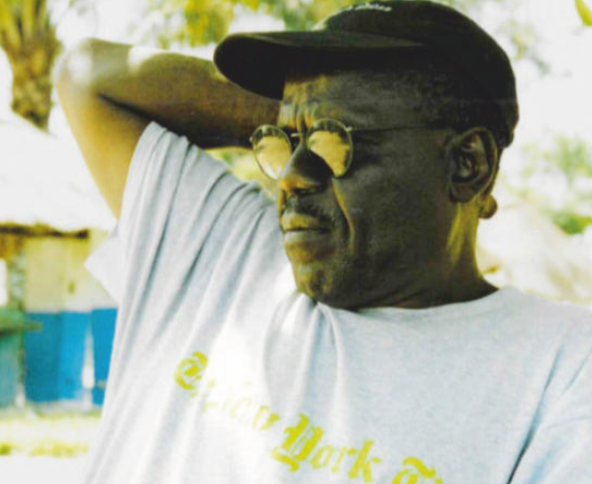This made him useful as a fixer, though he was a driver first, and ran the same risks the journalists did when he strayed into presidential compounds or, as in the 1990s, into riots. But he and the car, as its bashes showed, would drive through anything. He had to get his journalists, first, to where they wanted to go and, second, safely back again. If bad stuff happened, and they ended up hauled from the car or in jail, he would stay until he had rescued them—sometimes because he knew the right person, often by shoving and shouting.
这使他成为一个有用的调停者,尽管他首先是一名出租车司机,当他误入总统官邸,或者像上世纪90年代那样闯入骚乱时,他和记者们冒着同样的风险。但是他和那辆车,就像它的底盘所显示的那样,可以向任何事情开过去。首先,他得载上那些记者,把他们拉到他们想去的地方,然后,安全返回。如果不好的事情发生了,他们要么被从车里拖出来,要么被关进监狱,他会一直呆到把他们救出来——有时是因为他认识对的人,通常是通过推搡和叫喊。
He became their protector and friend. In return they gave him money to buy a better car, but he preferred to get a cheap one and, in his chaotic style, fritter the rest away. At times he found he was thinking like a journalist himself, pushing his charges to get closer to the action when something newsworthy occurred. He wanted to be there in the sweat of it when history happened. Yet history seemed to have slowed almost to a stop in Congo. Nothing changed, and nothing would. Its leaders were idiots. The economy was bust.
他成为了他们的保护者和朋友。作为回报,他们给他钱去买一辆更好的汽车,但他更喜欢买一个便宜的,然后以他混乱的风格,把其余的挥霍掉。有时他会发现他像一个记者一样思考,当有新闻价值的事情发生时,他会向事发地点飞速赶去。当历史发生的时候,他想在那里汗流浃背。然而,历史似乎已经放缓到几乎止步于刚果。没有什么改变,也不会改变。刚果的领导人是白痴。经济崩溃了。

Some parts were given over to constant war. Fewer journalists came to cover it, so it was hardly worth waiting even outside the Grand. Il n'y a rien, il n'y a rien, he would mutter down the phone to his journalist friends who had gone home. In response they sent him clothes and money for the hospital where eventually he had to go; they had not forgotten Congo. Sadly, it seemed to him that the rest of the world had.
有些地区陷入了持续不断的战争。前来报道的记者越来越少,所以即使在大饭店外也不值得等待。他会在电话里小声对回家的记者朋友们说:“什么都没有,什么都没有。”作为回应,他们给了他衣服和去医院要花的钱,他最终不得不去那里;他们没有忘记刚果。不幸的是,在他看来,世界上其他地方已经忘记了刚果。
译文由可可原创,仅供学习交流使用,未经许可请勿转载。













